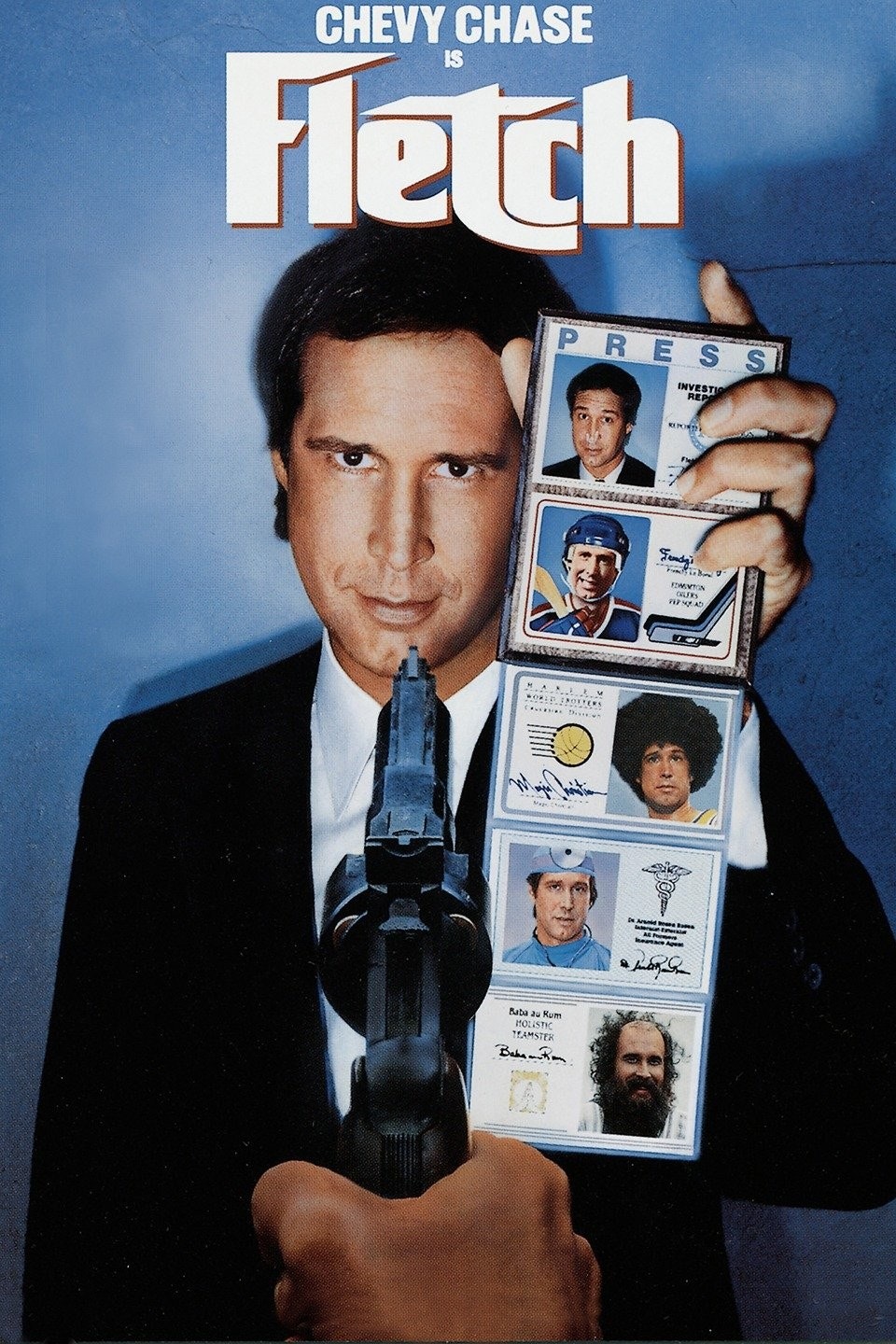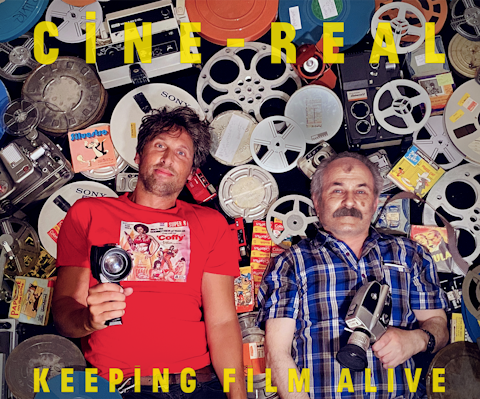Fletch
FLETCH (1985)

Chevy Chase stars as Irwin Fletcher, a.k.a. Fletch, a hot-shot investigative reporter for an L.A. Times-like daily, who’s fleshing out a story on beach drug trafficking. This involves going underground, hanging out with the head-in-the-sand types. With a grungy Magic Johnson uniform top and a few days’ growth, Chase is suitably down-and-out to attract the attention of a scheming aviation executive (Tim Matheson) who’s got an unusual proposition — he wants Chase to kill him.
Matheson claims he is suffering from terminal bone cancer and Chase could put him out of prolonged misery as well as secure some hefty life insurance dough for Matheson’s nubile wife (Dana Wheeler-Nicholson). But the plan seems a little too pat for the intrepid Chase. The wheels begin to spin, and he’s off onto an investigation of Matheson, much to the chagrin of his hyper, impatient city editor (Richard Libertini).
The investigation takes him all over the place (to a pig farm, a snooty tennis club, a Utah realty office, a legionnaires banquet) and Chase is at his cool, flip best in these situations. With his glib, low-key assurance, Chase is hilarious as the laid-back but tenacious newspaperman. Screenwriter Andrew Bergman, adapting from Gregory McDonald’s best-selling novel, has deftly fashioned an uproarious vehicle for Chase’s droll talents.
Admittedly, the storyline weaves all over the place, but no matter — Chase’s performance and a plethora of daft and witty situations carry it past some structural rough spots.
Fellow castmembers, primarily straight men for Chase’s wise-cracking patter, deserve credit for their vital and accomplished comic support. Wheeler-Nicholson as Matheson’s knock-out wealthy wife and Chase’s emerging love interest is stunning in her bored-wife role. Other stand-outs include M. Emmet Walsh as Matheson’s crude personal physician and Libertini as Chase’s appropriately nervous editor.
With a gentle satiric eye, Michael Ritchie has directed with a firm assurance as to comic essentials and pacing, never losing narrative momentum with overmilking the comic situations.
Technical credits, especially some brisk editing by Richard A. Harris, are first-rate, although the current trend to Dolbyize all film scores unfortunately continues in Fletch. The eruption of mechanical drumming and percussive bass lines, appropriate in action and triumph-type movies, is annoying and incongruous here. Fortunately, Chase’s witty salvos manage to drown it out.
